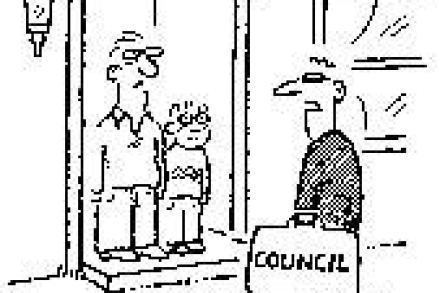Just in case you missed them… | 20 December 2010
…here are some posts made on Spectator.co.uk over the weekend: Fraser Nelson previews the coming war between the coalition and the councils. James Forsyth highlights the ‘end of men’ debate, and says that princes and politics don’t mix. Peter Hoskin reports on some less than encouraging polls for Ed Miliband, and observes Vince Cable taking it to the banks. David Blackburn says that the localism bill will empower communities, not councillors, and dissects Operation Coulson. Daniel Korski battles the snow at Gatwick airport. Martin Bright wonders whether Ed Miliband is getting any advice on foreign affairs. Nick Cohen notes the differences between US and Cuban healthcare reforms. Susan Hill celebrates













